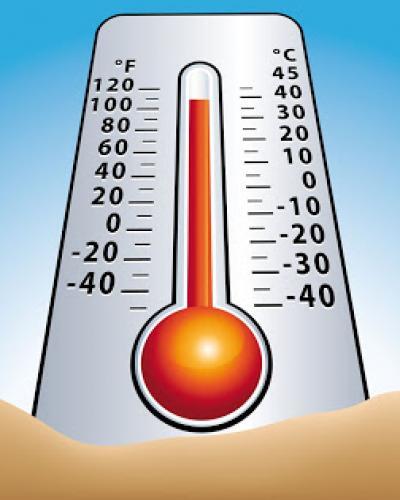Havana, September 24 (Xinhua-RHC) -- The standard surface air temperature in Cuba has risen by 0.9 degrees Celsius on average since the mid-1900s, state daily Granma reported.
According to the soon-to-be-released book "Climate Change Impact and Adaptation Measures in Cuba," the increase results from an approximate 1.9 degree rise in the average minimum temperature.
The book compiles climate variations in the Caribbean nation over the past 40 years, plus the most likely scenarios for the years 2050 and 2100, given the warming trend, and adaptation measures in the areas of water use and conservation, coastal and marine resources, biodiversity, forests, agriculture, human settlements and land use, and human health.
The data presented in the book are the foundation of Cuba's second report to the United Nations Framework Convention on Climate Change.
In addition to the temperature rise, Cuban researchers have noted a decrease in rainfall in the eastern region, which has been plagued by significant droughts since the 1990s.
They also found a tendency towards moderate to strong coastal flooding, and an increase in extreme weather events, with seven major hurricanes hitting the country between 2001 and 2011, more than in any decade since 1791.
The repetition of such events, coupled with high evaporation rates, contributes to soil erosion and declining water reserves, which negatively impact agricultural production, the researchers warned.
Cuba's Average Temperature Increases by 0.9 Degrees Celsius

Related Articles
Commentaries
MAKE A COMMENT
All fields requiredMore Views
- U.S. healthcare cuts spark nationwide protests
- Cuba defends Africa-America shared future at UN Tourism Summit
- Cuban foreign minister arrives in Honduras for CELAC Summit
- Massive anti-Trump protests take to the streets across the United States
- U.S. Colonel suspended for opposing Trump's military threat against Greenland

